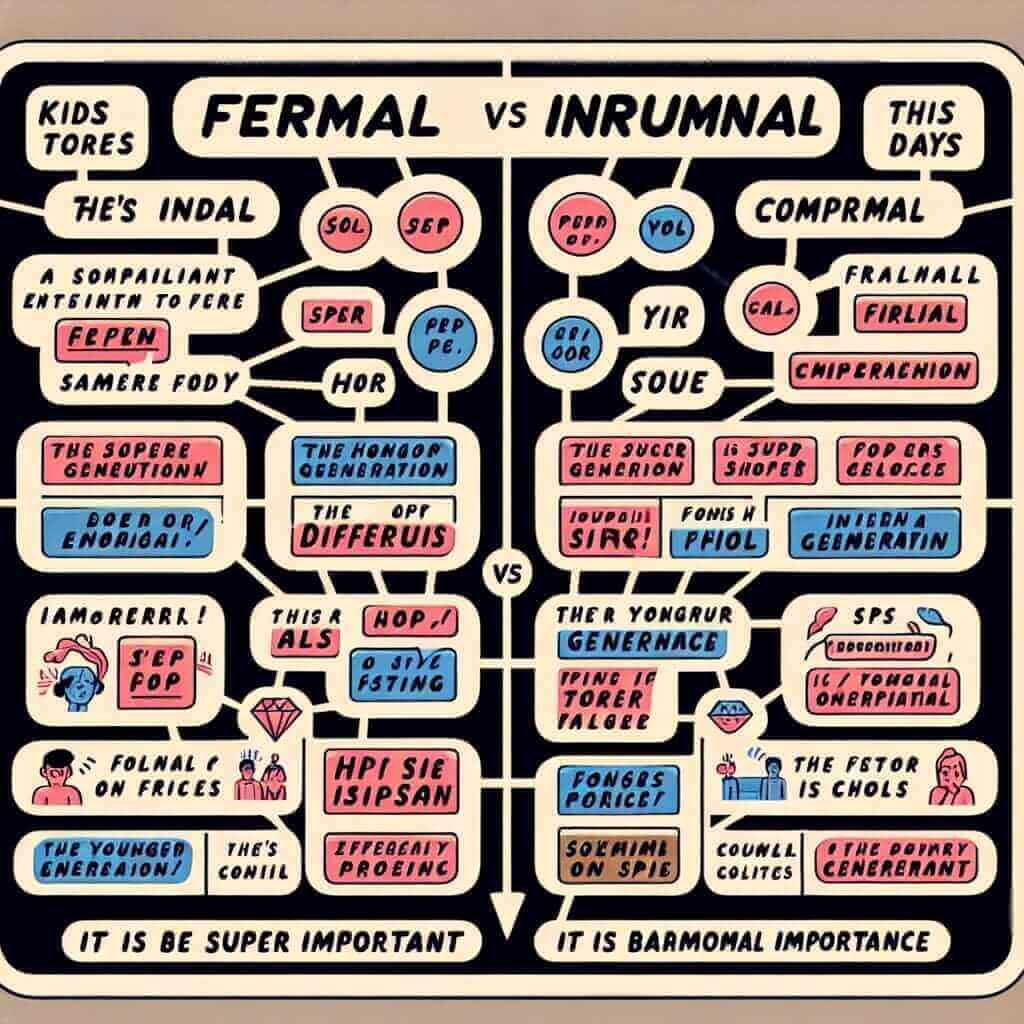Achieving a high score in the IELTS Writing test requires more than just good ideas. It demands a mastery of academic language – a specific style of writing used in universities and scholarly publications. This guide will delve into the essentials of academic language, providing you with practical tips and real examples to elevate your IELTS writing.
Understanding Academic Language
Academic language is characterized by:
- Formality: Avoiding contractions, colloquialisms, and slang expressions.
- Objectivity: Presenting information impartially, focusing on facts and evidence rather than personal opinions.
- Precision: Using specific vocabulary and avoiding vague language.
- Complexity: Employing complex sentence structures and grammatical features.
Illustrative Examples:
Let’s compare informal and academic language:
| Informal | Academic |
|---|---|
| Kids these days | The younger generation |
| It’s super important | It is of paramount importance |
| The study found out | The research revealed |
| Stuff like that | Such factors |

Applying Academic Language in IELTS Writing
1. Writing Task 1 (Report Writing)
Informal: “The graph shows that the number of people going to the gym went up a lot from 2000 to 2010.”
Academic: “The graph illustrates a significant upward trend in gym membership between 2000 and 2010.”
Key takeaways:
- Use reporting verbs like “illustrate,” “depict,” or “demonstrate.”
- Quantify changes accurately using terms like “significant,” “gradual,” or “minimal.”
- Employ formal vocabulary related to trends, comparisons, and data interpretation.
Example from IELTS Exam:
Task: The chart below shows the percentage of households in owned and rented accommodation in England and Wales from 1918 to 2011.
Sample Band 8 answer (excerpt):
“The graph provides a detailed overview of housing trends in England and Wales over the course of nearly a century, highlighting a substantial shift from predominantly rented accommodation to a rise in homeownership.”
2. Writing Task 2 (Essay Writing)
Informal: “Some people think that kids shouldn’t be allowed to use smartphones, but I think it’s okay as long as they don’t use them too much.”
Academic: “There is an ongoing debate regarding the potential impact of smartphone usage on children. While some advocate for strict limitations, others argue for a more moderate approach, acknowledging the potential benefits of technology.”
Key takeaways:
- Present both sides of an argument objectively before stating your own opinion.
- Use cohesive devices such as “furthermore,” “in contrast,” or “similarly” to connect ideas.
- Support your arguments with evidence and examples.
Example from IELTS Exam:
Task: Some people believe that it is good to share as much information as possible in scientific research, business, and the academic world. Others believe that some information is too important or too valuable to be shared freely. Discuss both views and give your opinion.
Sample Band 8 answer (excerpt):
“The dissemination of information within the scientific, business, and academic spheres is a multifaceted issue. Proponents of open access argue that the free exchange of knowledge fosters collaboration, accelerates innovation, and benefits society as a whole. Conversely, those who advocate for restricted access emphasize the potential risks associated with the misuse of sensitive information.”
Common Mistakes and How to Avoid Them
- Overusing complex words: Choose vocabulary that you understand and can use correctly.
- Ignoring grammar rules: Pay close attention to subject-verb agreement, tense consistency, and punctuation.
- Being too informal: Avoid colloquialisms, contractions, and emotional language.
Effective Practice Strategies
- Read academic texts: Familiarize yourself with academic writing style by reading journal articles, research papers, and textbooks.
- Expand your vocabulary: Learn synonyms for common words to enhance your lexical range.
- Practice writing tasks: Use official IELTS practice materials and get feedback from experienced teachers.
Conclusion:
Mastering academic language is a gradual process that demands consistent effort. By understanding its key principles and implementing the strategies outlined in this guide, you can significantly improve the quality of your IELTS writing and boost your chances of achieving your desired band score. Keep practicing, seek feedback, and remember that consistency is key!
We encourage you to share your thoughts and experiences with academic language in the comments below. How has this guide helped you? What challenges are you still facing? Let’s learn from each other!